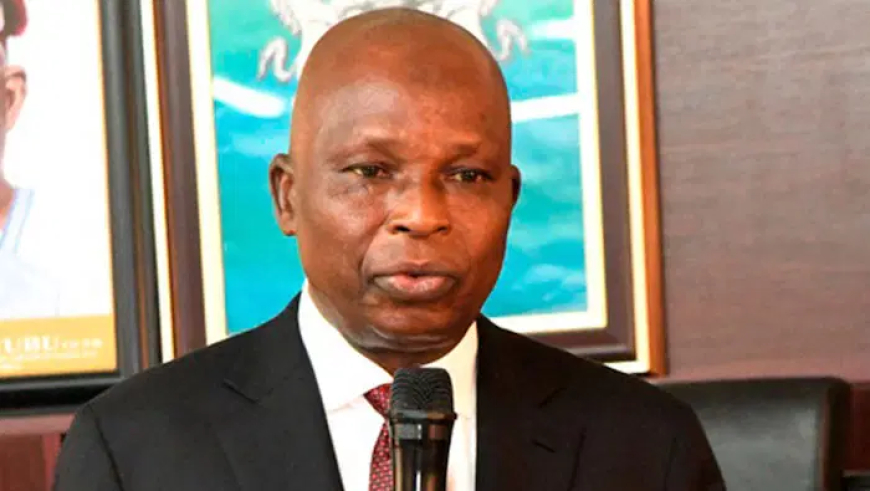Tackling overcrowding, others key to solving public health crises in Nigerian prisons – Fagbemi

Nigeria’s Attorney General and Minister of Justice, Mr. Lateef Fagbemi (SAN), has called for urgent structural reforms in the country’s correctional system to address the growing public health challenges among inmates, especially the spread of HIV, tuberculosis, hepatitis, and mental health conditions.
Speaking at the UNDP Justice Sector High-Level Observatory Meeting on Public Health in Custodial Services in Abuja, the Minister, represented by the Director of Public Prosecution, Mr. B.O. Babandoko, emphasized that addressing health issues in prisons goes beyond medical interventions.
He stressed the need to confront underlying issues such as overcrowding, under-resourcing, and broader social determinants that contribute to both offending behaviour and poor health outcomes.
“Custodial environments worldwide house millions of individuals, many of whom enter facilities with untreated mental health conditions, substance use disorders, infectious diseases, and chronic illnesses,” he said.
“The prevalence of HIV, tuberculosis, hepatitis, and mental health conditions in correctional settings often exceeds that of the general population by significant margins. This reality demands immediate and sustained attention.”
Fagbemi outlined five critical areas for reform: early intervention and prevention, continuity of care between custodial and community health services, comprehensive mental health integration, infectious disease control using evidence-based strategies, and capacity-building for correctional healthcare staff.
“The health of those in custody is integral to public health. Every individual in custody eventually returns to society. Their health outcomes affect us all,” he said.
He challenged stakeholders to reimagine custodial healthcare from the ground up, guided by principles of equity, innovation, and human dignity.
$3.9 Billion Disbursed for Health Challenges in Nigeria
Also speaking at the event, Mr. Ibrahim Tajudeen, Executive Secretary of the Country Coordinating Mechanism Nigeria (CCMN), which oversees grants on HIV/AIDS, TB, malaria, and health systems strengthening, disclosed that over $4.8 billion had been mobilized since 2002, with more than $3.9 billion disbursed to relevant stakeholders across Nigeria.
Tajudeen acknowledged past assessments (2008–2015) that rated Nigeria’s handling of human rights and public health in correctional centers as poor but noted significant improvements in recent years.
“From 2015 to date, three separate assessments have shown measurable progress. Arrests and denial of care have reduced significantly. Nigeria is now on the right path,” he noted.
UNAIDS: Uphold Human Dignity in Custodial Settings
Representing UNAIDS, Human Rights and Law Adviser Oluwafisayo Fakayode emphasized that custodial settings must not become zones where rights are suspended. She reminded stakeholders that international human rights instruments, such as the International Covenant on Civil and Political Rights (ICCPR) and the Nelson Mandela Rules, mandate the humane treatment of prisoners.
“Custodial facilities must reflect the highest standards of humanity, human rights, and justice,” Fakayode said.
“People in detention are among the most vulnerable to HIV and other diseases but often the least served. This is not just a public health issue—it’s a human rights crisis.”
She urged Nigeria to continue reviewing arrest and detention protocols, eliminate stigma against persons living with HIV, and foster multi-sectoral collaboration to ensure detention facilities are health-enabling, secure, and just.
UNAIDS commended the Nigerian government, civil society, UN agencies, and affected communities for their ongoing efforts and pledged continued support for inclusive, evidence-based, and rights-respecting reforms in the justice and health sectors.

 admin
admin 


